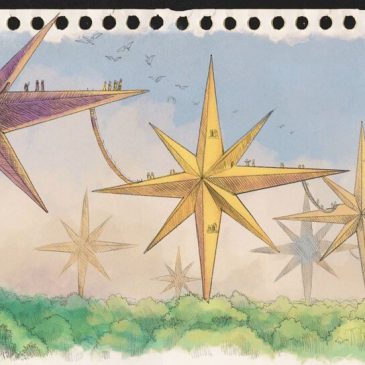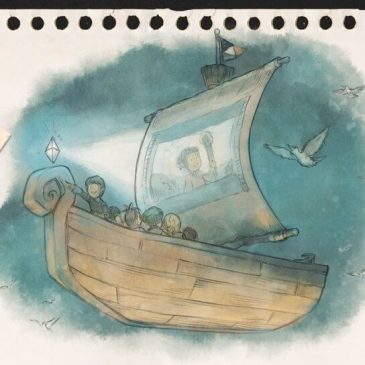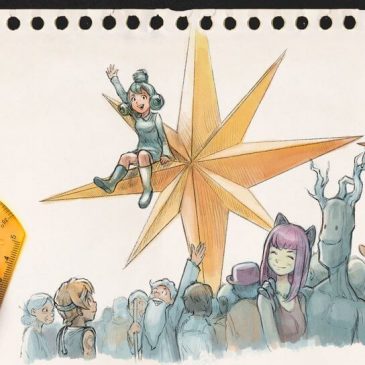Review of Framasoft’s actions in 2020 (excluding the lockdown period)
Our actions are funded by your donations, increased by your contributions and are useful because you share them and make them your own. Therefore we wanted to take the time to make an review of our main actions carried out … Lire la suite


![[Photo Novel] Guided tour of Mobilizon](https://framablog.org/wp-content/uploads/2020/10/2020-10-06-mobilizon-illustration-B_creation-evenement-365x365.jpg)





